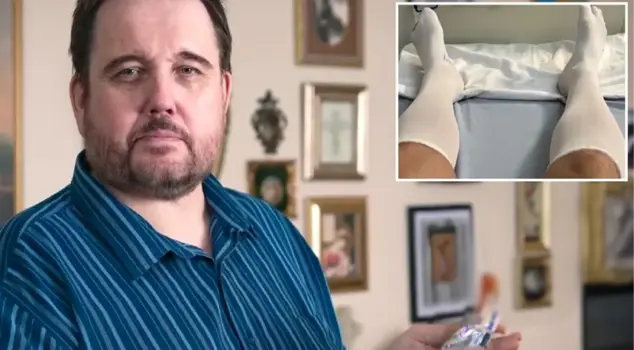
06.09.2024 09:50
A 65-year-old diabetic patient in the United States paid a heavy price for excessive alcohol consumption. According to a shocking incident that surprised the medical world, the man, who was diagnosed with Type 2 diabetes and prostate enlargement, had his genital organ completely removed by doctors.
The 65-year-old patient with uncontrolled type 2 diabetes and prostate enlargement, was admitted to the hospital due to "excessive alcohol consumption". In the tests conducted, it was observed that the man's sexual organ was gangrenous, so "total sexual organ necrosis" was performed.
DANGEROUS MIX OF EXCESSIVE ALCOHOL AND DIABETES
Although the patient's health condition was determined to be stable through the tests conducted, a significant enlargement of the prostate and numerous abscesses were detected. Doctors decided to completely remove the sexual organ due to the rapid progression of gangrene, which was endangering the man's life. This rare condition posed a serious threat to the patient's life.
SURGICAL OPERATION NECESSITY
Despite the administration of insulin, antibiotics, and blood transfusion treatments, the body did not respond to these treatments. The area affected by gangrene expanded and the patient's sexual organ underwent necrosis and was completely removed. This serious surgical intervention was performed by urology specialists.
IMPORTANT WARNING FROM DOCTORS
According to the doctor's statement published in the Urology Case Reports journal, localized ischemic gangrene in the sexual organ is a rare condition. It was stated that this condition carries the risk of sepsis and can lead to fatal consequences. The patient was discharged after the surgery.
HOW WAS THE AMPUTATION DECISION MADE?
Due to the unavailability of suitable tissue for partial penectomy, doctors had to perform a total penectomy. In this case, the necessity of the surgery and its long-term consequences were explained to the patient. Experts emphasize that diabetes and excessive alcohol consumption cause serious damage to the body and complicate the treatment process.